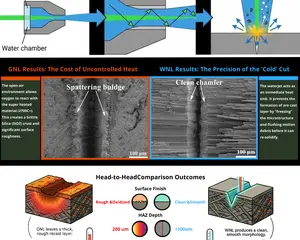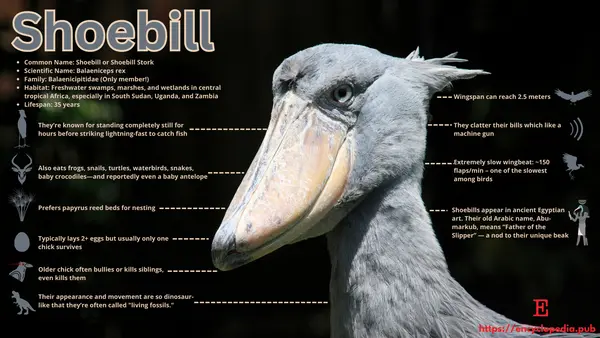Your browser does not fully support modern features. Please upgrade for a smoother experience.
Encyclopedia Insights
More >>
Ongoing
Announcement 02 Feb 2026
Blog 02 Mar 2026
Announcement 09 Feb 2026
Announcement 03 Feb 2026
Announcement 28 Aug 2025
Featured Images
More >>
Encyclopedia Editorial Office
- 12 Jan 2026
Journal Encyclopedia
More >>
Peer Reviewed
Encyclopedia 2026, 6(2), 50; https://doi.org/10.3390/encyclopedia6020050
Peer Reviewed
Encyclopedia 2026, 6(3), 55; https://doi.org/10.3390/encyclopedia6030055
See what people are saying about us
Shlomi Agmon
Encyclopedia Video provides potential readers with a tool to quickly understand what the work is about. That is important for casualreaders, whose time is thus spared, and for investedreaders, for whom it makes the decision to say "yes, I want to read the paper" much simpler.
School of Computer Science and Engineering, The Hebrew University of Jerusalem, Jerusalem 9190401, Israel
Ignacio Cea
For the video abstracts, the papers and authors could gain more visibility and increase citations. Also, it means a more diverse and interesting way of communicating research, which is something valuable in itself.
Center for Research, Innovation and Creation, and Faculty of Religious Sciences and Philosophy, Temuco Catholic University
Melvin R. Pete Hayden
Thank the video production crew for making such a wonderful video. The narrations have been significantly added to the video! Congratulations on such an outstanding job of Encyclopedia Video team.
University of Missouri School of Medicine, United States

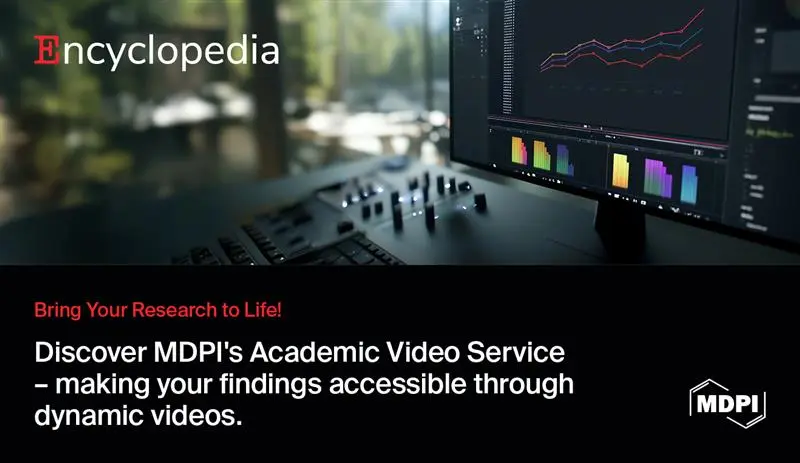 >
>
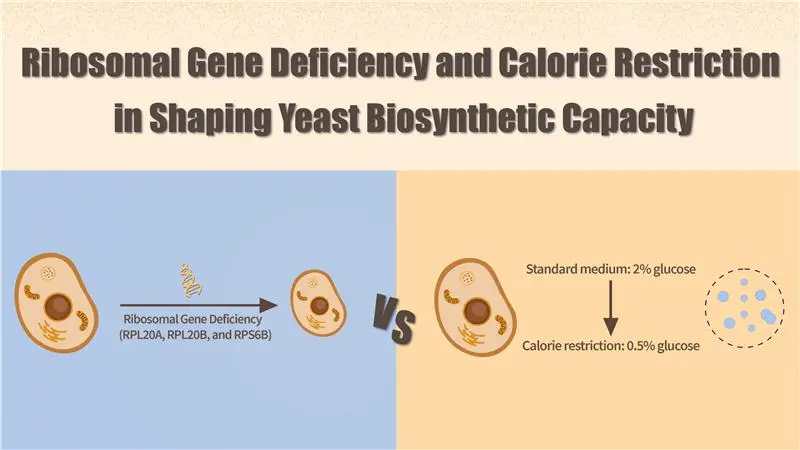 >
>
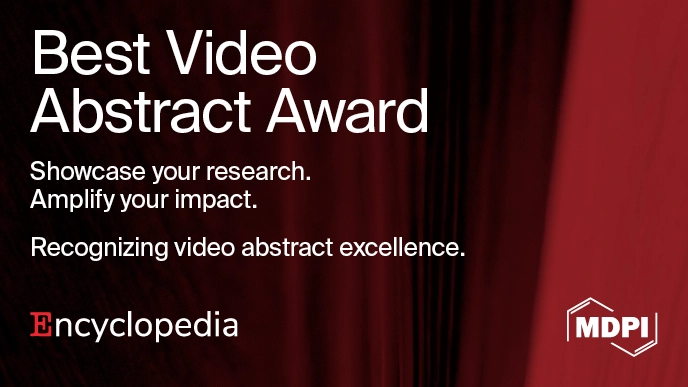 >
>
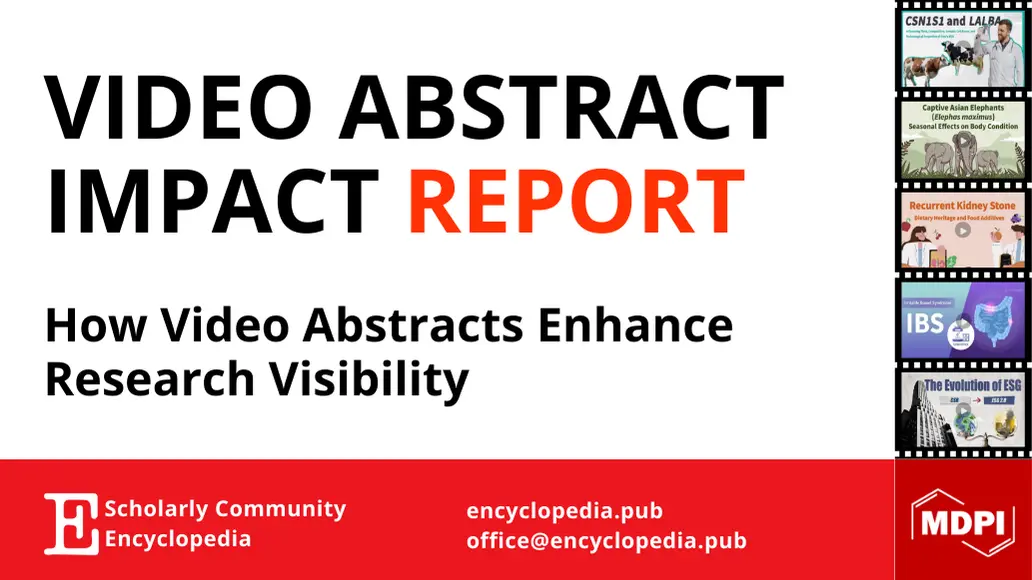 >
>
 >
>
